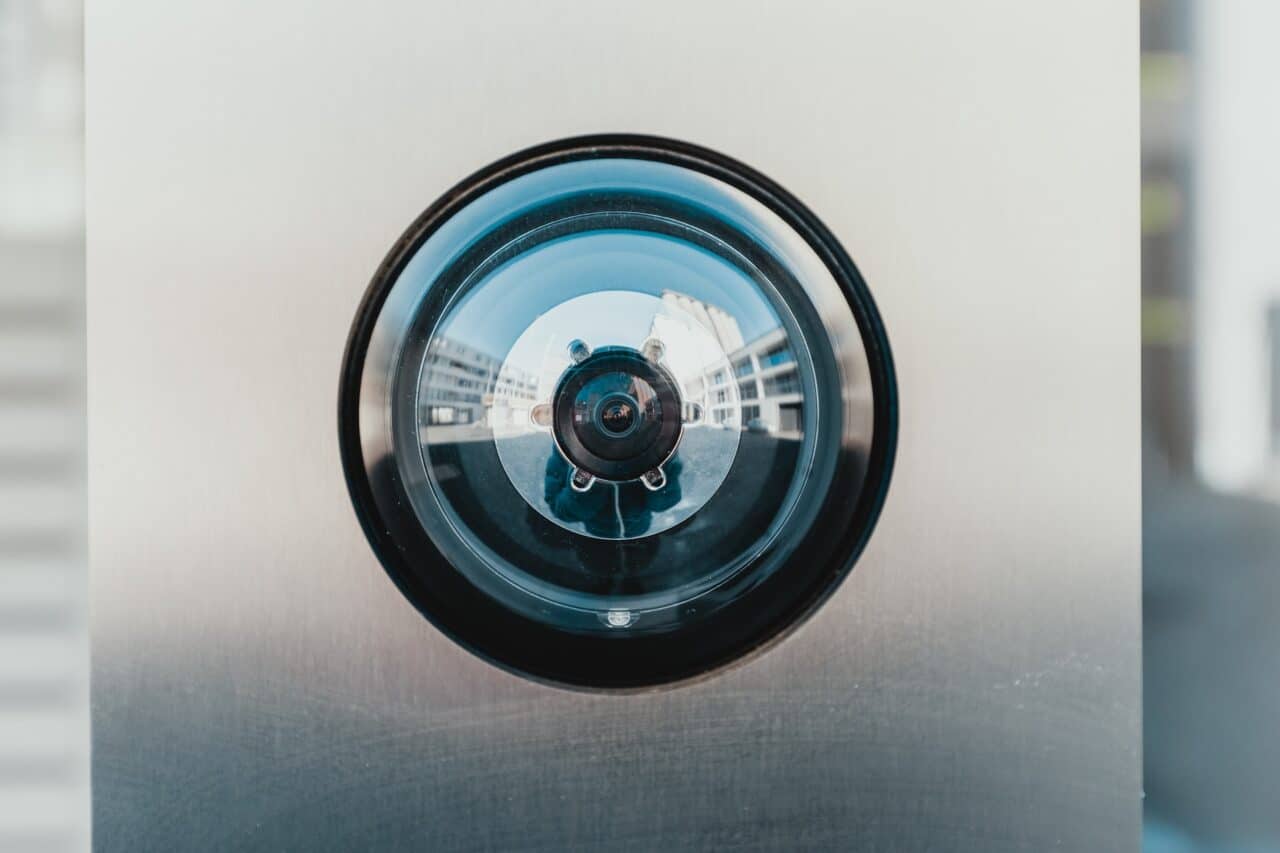IP security cameras are an advanced technological tool used in comprehensive security strategies, both as crime deterrents and protective measures. Yet, many people wonder if security cameras, regardless of the type, really deter crime at all.
Can Security Cameras Deter Crime?
No single security tool can deter crime entirely, but security cameras have been found to act as crime deterrents for reducing crime. Research done by the Urban Institute, which placed 500 security cameras in Chicago, Washington D.C., and Baltimore, found that, particularly in Baltimore, security cameras reduced local crime by 30 incidents monthly. In Chicago, crime was reduced by an impressive 12%.
The Municipal Technical Advisory Service completed a review of multiple academic studies and concluded that cameras are effective as crime deterrents, especially when paired with other security tools.
To be effective, cameras should be visible; hidden cameras can only record criminal acts passively, instead of working to deter them. Signs, sirens, and alarms can boost effectiveness even more, as can motion sensors that activate lighting should an intrusion occur. Other factors to consider when selecting security cameras include weather resistance, and cameras equipped with night vision.
Evidence suggests that security cameras do indeed act as crime deterrents. Security is often only as effective as the tools used, so when selecting cameras, IP security cameras can offer the best of evolving technology.

What Is an IP Security Camera?
Internet Protocol Cameras – generally referred to as IP security cameras – are network cameras. They produce digital video footage by sending and receiving it on the internet or LAN – The Local Area Network. IP security cameras use Wi-Fi or Power over Ethernet (PoE) cable. They do not require incorporated recording devices.
These cameras were developed for both professional and consumer use. They have increased in popularity because the video footage captured can now be viewed remotely, via an app on a smartphone or mobile device. Thanks to advances in technology, many IP cameras also offer night vision or low light capabilities, wide-angle lenses, and motion detection sensors.
IP Security Camera Types
IP Security cameras come in several versions:
- Fixed: A fixed IP camera, such as a bullet or dome security camera, will feature a fixed perspective on a location or subject
- Varifocal: Varifocal IP cameras can adjust image zoom remotely
- PTZ – Pan-tilt-zoom: PTZ cameras can be pointed in any direction remotely
These security cameras can be used both indoors and outdoors, and have features that include panoramic, multi-sensor, and thermal imaging cameras.
IP Security Camera Benefits
This high-tech tool sends digital images using advanced security transmission of data using the TCP/IP protocol. As a result, IP cameras offer various benefits that earlier generations of analog security cameras do not. Featured advantages include:
- Wireless operation and the use of Wi-Fi
- The use of a single network cable with two-way audio permits users to speak and listen to the video feed’s subject
- Distributed Artificial Intelligence (DAI), meaning these cameras can feature video analytics
- Remote accessibility permits viewing on a mobile device from any location
- Improved image resolution
- Secure transmission of data using encryption and authentication
- Live footage can be sent directly to police or administrators
- Improved monitoring and security with better response time
- Cost-effective
Are There Any Drawbacks with IP Security Cameras?
One possible disadvantage of address-based IP security cameras is that these cameras require an IP address to connect, so for areas with limited (or no) internet access, this type of security camera may not be the best option.
Additionally, infrared security cameras will only transmit video feed if they perceive activity in the area they are monitoring.
What to Consider When Selecting an IP Security Camera
With so many high-tech IP security available in the marketplace, selecting one can be challenging; they all boast features that make them appealing to both businesses and private consumers. So, what are the most important features to consider when selecting?
- Begin by selecting a camera with a good enough resolution to see what’s happening in the area that you want to monitor. Remember, the higher the resolution, the higher the price tag
- Look for night vision capabilities, especially if you are monitoring an area after dark
- Remember Wi-Fi capability. The use of Wi-Fi will permit you to monitor video feeds remotely from any device and any location with an internet connection. This means you can check your home or business 24/7 from wherever you happen to be.
Final Thoughts
IP security cameras are undoubtedly important tools to have as a part of your general security strategy, for both your home and business. While no one camera will fit everyone’s security requirements, there is an ample selection of IP cameras available for purchase.
Evaluate your security needs and goals, and if need be, consult a security expert, who can advise you on which IP security camera is the best choice for your security needs.

















Leave a Reply